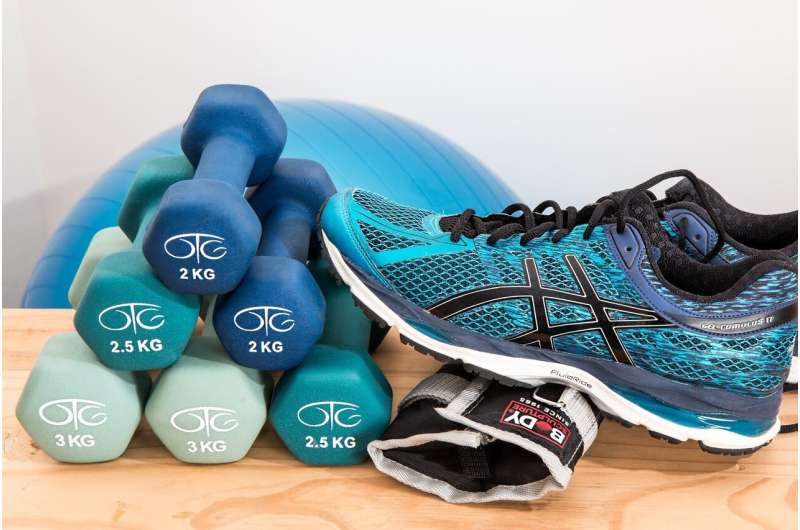Paternal Exercise Influences Offspring Health via Sperm MicroRNAs

Research reveals that exercise performed by fathers can enhance offspring health through changes in sperm microRNAs, promoting better endurance and metabolic function across generations.
A groundbreaking study published in Cell Metabolism has uncovered that sperm microRNAs serve as crucial carriers of epigenetic information, facilitating the transmission of exercise-induced health benefits from fathers to their children. Led by researchers from Nanjing University and Nanjing Medical University, the investigation reveals that paternal physical activity can positively impact offspring endurance and metabolic health. The study demonstrated that offspring of exercised fathers exhibit enhanced physical performance and improved metabolic profiles compared to those from sedentary counterparts.
Remarkably, when sperm small RNAs from exercised males were injected into fertilized eggs, the resulting offspring displayed traits similar to those of trained fathers, indicating a direct causal relationship. The mechanism involves remodeling of sperm microRNA profiles, which suppresses the nuclear receptor corepressor 1 (NCoR1) in early embryos. This suppression reprograms embryonic gene expression, favoring mitochondrial biogenesis and oxidative metabolism—a pathway crucial for endurance and metabolic regulation.
This research expands our understanding of microRNAs as mediators of intergenerational communication, showing that life experiences and environmental factors can influence genetic regulation across generations. The findings underscore the importance of paternal fitness before conception, suggesting that regular exercise may be a practical strategy to improve the health and resilience of future generations.
Overall, this study highlights the significance of sperm microRNAs and embryonic gene regulation in transmitting beneficial traits, opening new avenues for targeted interventions to combat metabolic diseases and promote intergenerational health. It also emphasizes the broader biological role of microRNAs in mediating connectivity across cell types, tissues, and even generations.
Stay Updated with Mia's Feed
Get the latest health & wellness insights delivered straight to your inbox.
Related Articles
The Role of Exercise in Restoring Cardiac Energy Balance in Heart Failure
Discover how tailored exercise programs can restore energy balance in the heart, improve mitochondrial function, and potentially slow heart failure progression. Learn about the metabolic benefits of physical activity for cardiovascular health.
The Importance of Physical Activity for Individuals with Rheumatic and Musculoskeletal Diseases
Discover how tailored physical activity can significantly improve health outcomes for individuals with rheumatic and musculoskeletal diseases through the latest research and recommendations from EULAR.
How Exercise Can Save Your Heartbeats and Boost Longevity
Recent Australian research reveals that regular exercise reduces the total number of heartbeats used daily, enhancing heart efficiency and potentially increasing lifespan. Learn how staying active benefits your heart health.
Do Compression Tights and Tops Enhance Exercise Performance and Recovery?
Learn whether compression tights and tops truly enhance exercise performance and aid recovery, supported by scientific research and expert insights.



